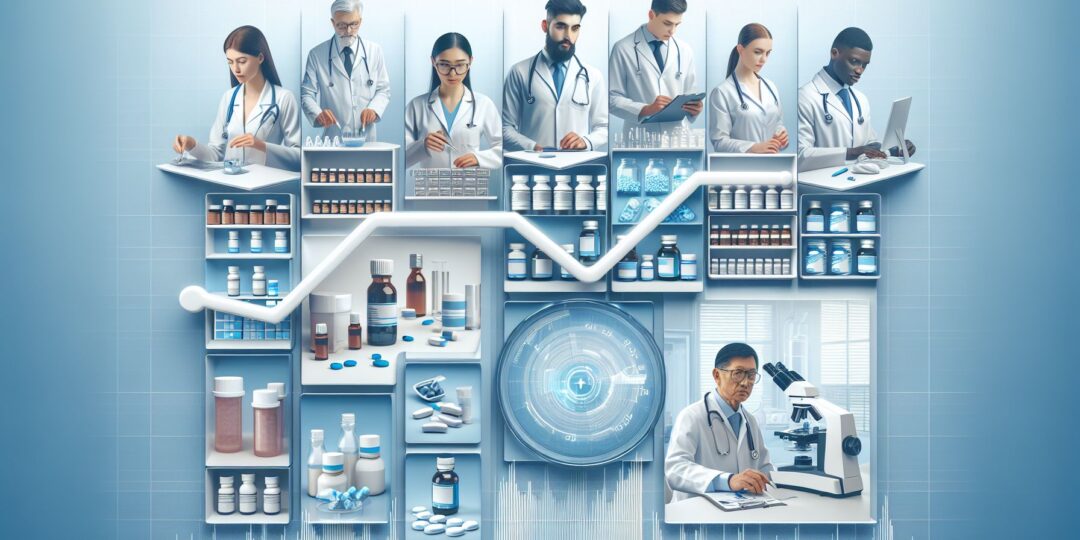Medical products are essential tools in providing quality healthcare, and they play a crucial role in diagnosis, treatment, and prevention of diseases. The medical products industry has grown rapidly in recent years, driven by advancements in technology, increased demand, and the need for innovation. This blog post explores the significance of medical products and highlights the booming industry that supports their development.
https://participation.u-bordeaux.fr/profiles/achatzolpidem/
https://participation.u-bordeaux.fr/profiles/achatrisperdal/
https://participation.u-bordeaux.fr/profiles/achatprozac/
https://participation.u-bordeaux.fr/profiles/achatvalium/
The Introduction
Medical products encompass a wide range of items, including pharmaceuticals, medical devices, diagnostics, and surgical instruments. From simple bandages to complex imaging systems, each product has its unique purpose in the healthcare ecosystem. They contribute significantly to improving patient outcomes, enhancing the efficiency of healthcare providers, and extending human life.
The Body
1. Diagnosis and Treatment
Medical products are indispensable in diagnosing and treating diseases. Advanced diagnostics such as molecular testing and imaging techniques enable earlier detection of diseases, leading to more effective treatments. Medical devices like pacemakers, insulin pumps, and prosthetics enhance the quality of life for patients with chronic conditions. Moreover, pharmaceuticals, including drugs and vaccines, are essential for fighting infections and managing symptoms.
2. Prevention and Public Health
Medical products also play a significant role in preventing diseases and maintaining public health. Vaccines are a prime example, as they protect individuals and communities from a range of preventable illnesses. Consumable medical supplies, such as gloves, masks, and disinfectants, are vital for infection control and reducing the spread of pathogens. Additionally, health monitoring devices like blood pressure monitors and glucose meters enable individuals to manage their health proactively.
3. Technological Advancements
The medical products industry heavily relies on innovation and technological advancements. State-of-the-art equipment and devices, such as MRI machines and robotic surgical systems, enable healthcare professionals to provide more accurate diagnoses and perform complex procedures. The advent of telemedicine and wearable health devices has revolutionized healthcare, increasing access to medical services and empowering individuals to take control of their health.
4. Economic Impact
The medical products industry is a significant contributor to the global economy. According to a report by Deloitte, the total global medical technology market was valued at over $430 billion in 2020, and it is expected to continue growing rapidly. This growth creates jobs, fosters research and development, and stimulates economic prosperity. Additionally, the industry supports various sectors such as manufacturing, logistics, and healthcare services, creating a ripple effect that positively impacts other industries.
The Conclusion
The importance of medical products in healthcare cannot be overstated. They are essential for accurate diagnoses, effective treatments, disease prevention, and public health. The thriving medical products industry, fueled by continuous innovation and increased demand, is a testament to the critical role these products play in our lives. As technology advances and new discoveries are made, we can expect more groundbreaking medical products that will shape the future of healthcare.…
Continue reading








